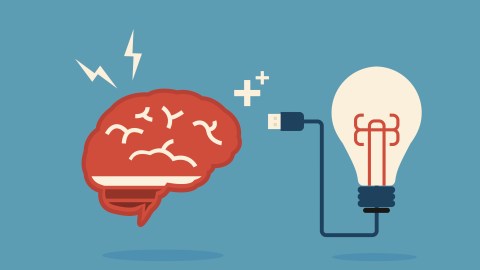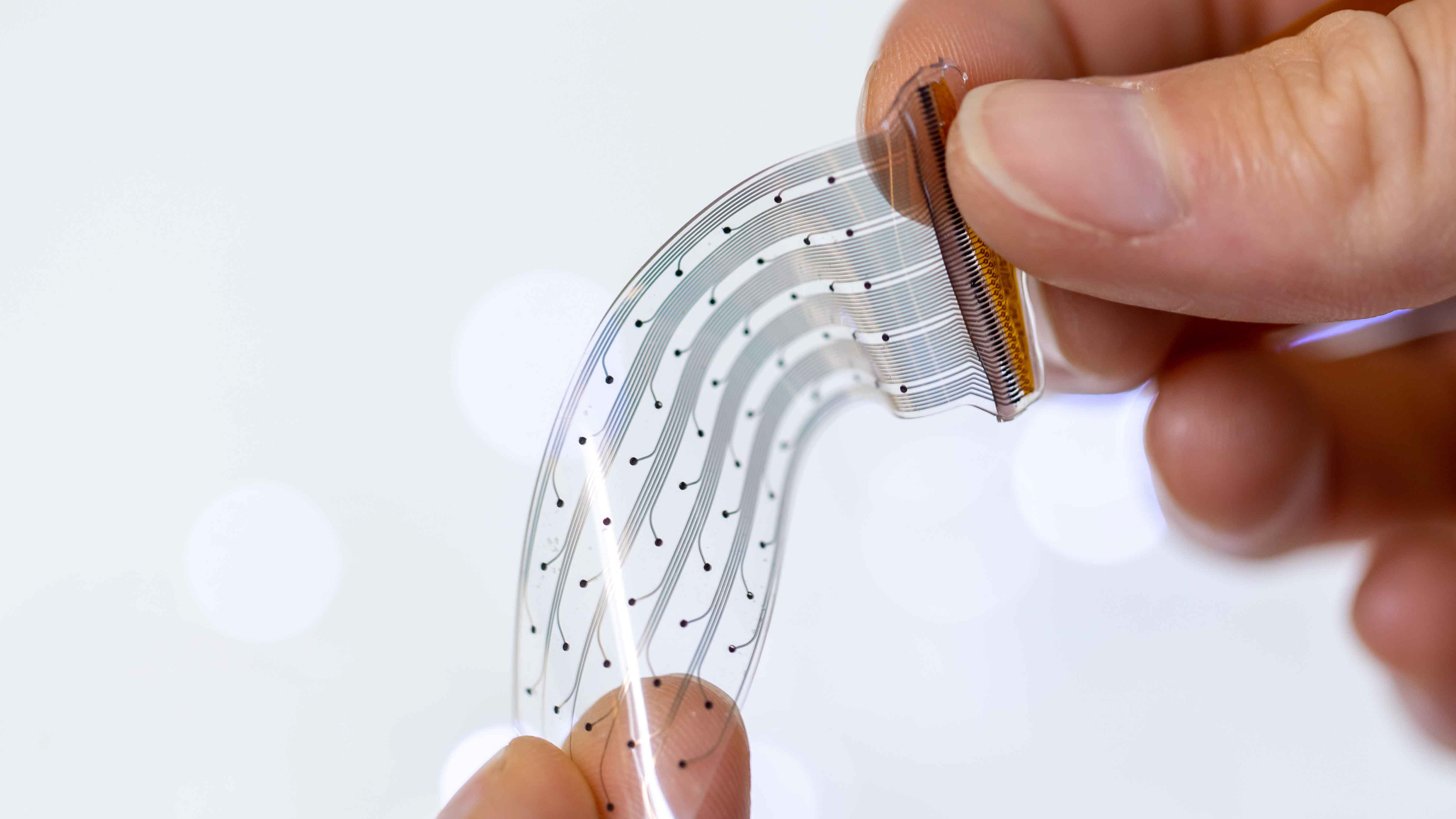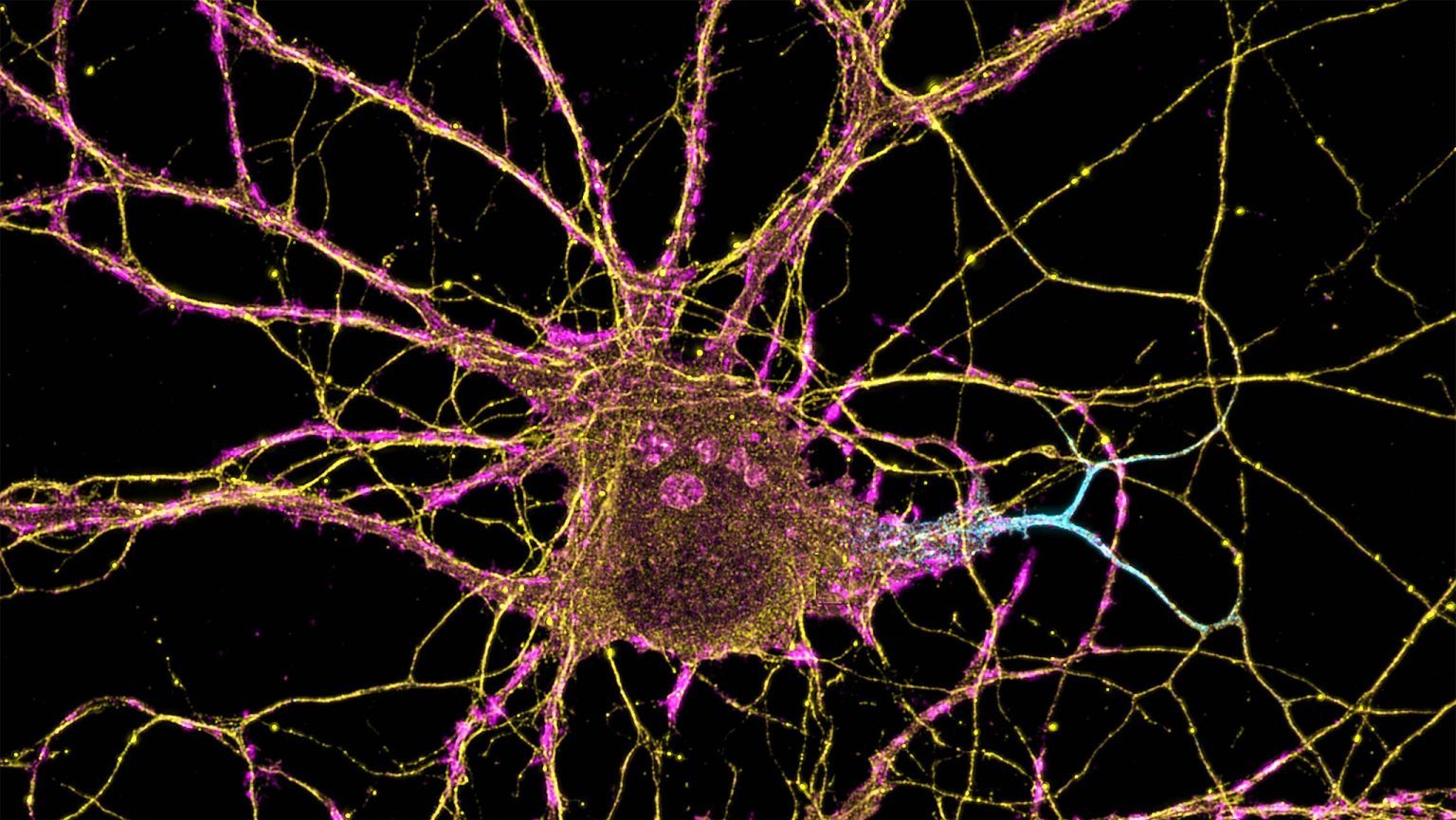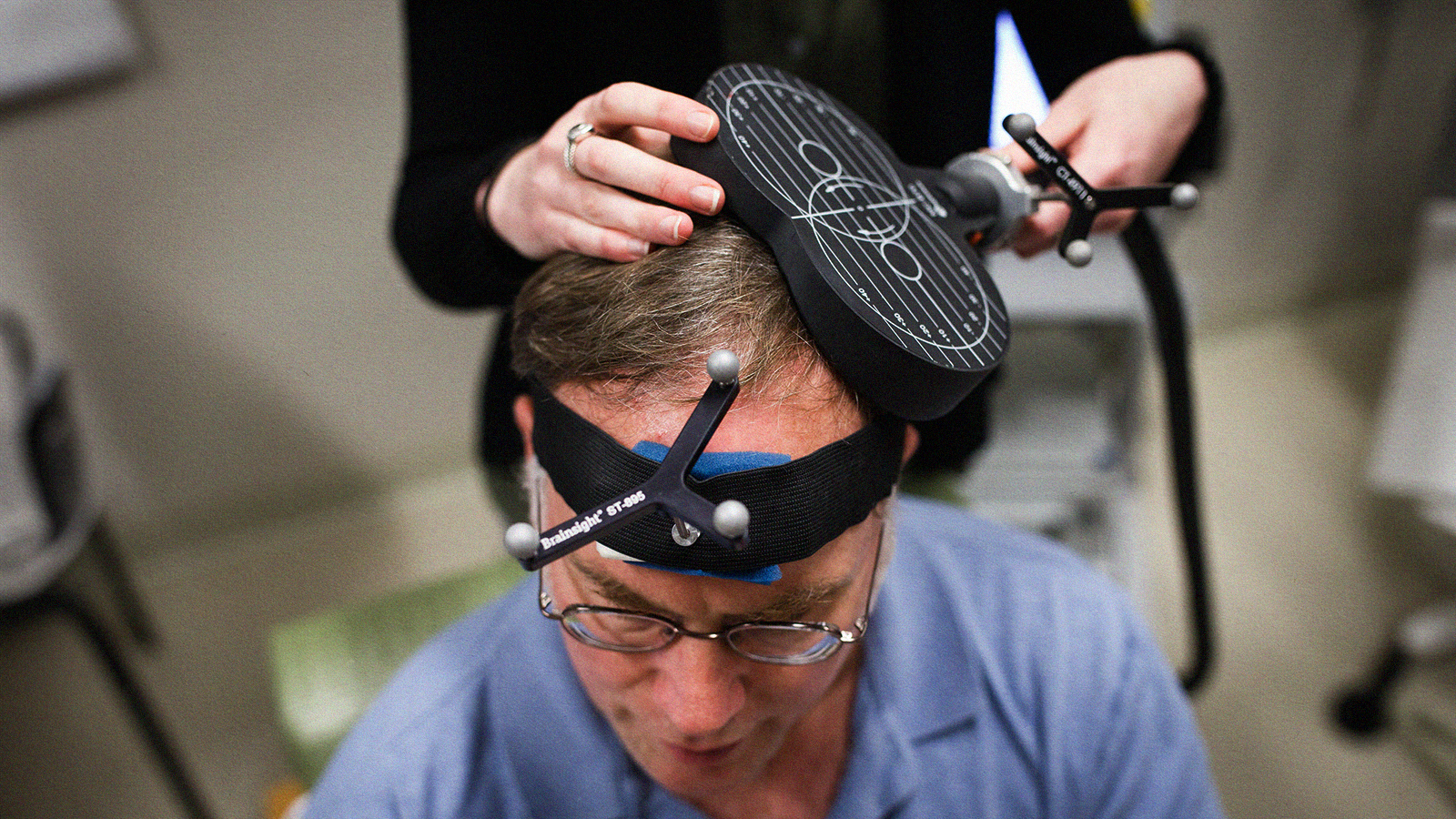New Brain Implant Treats Disease While Recording Neuron Activity

What’s the Latest Development?
A medical research firm based in Minneapolis has created the world’s first brain implant that delivers treatment while recording brain activity as a way of anticipating future changes in health. Known as deep-brain stimulation, brain implants deliver mild electric shocks to treat neurological diseases like Parkinson’s, epilepsy, and severe depression. But current devices “don’t record or respond to a patient,” saidJoseph Neimat, a neurosurgeon at Vanderbilt University Medical Center. “What would be better,” he said, “would be to have a system that could anticipate or read a patient’s state and respond with an appropriate stimulus.”
What’s the Big Idea?
If the new device can establish patterns of brain activity that correspond to the onset of certain neurological symptoms, such as epileptic seizures, then it may be possible for early treatment to prevent their occurrence in the first place. Such a device could also expand the number of conditions treatable with electric shocks by more accurately detecting disruptive brain activity. “The application has been limited to diseases where a simple stimulation will produce an effect,” Neimat said. Responsive devices “may not only improve the way we currently treat disease but open the door for a whole host of other diseases that can be treated.”
Photo credit: Shutterstock.com
Read it at MIT Technology Review





